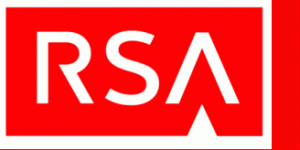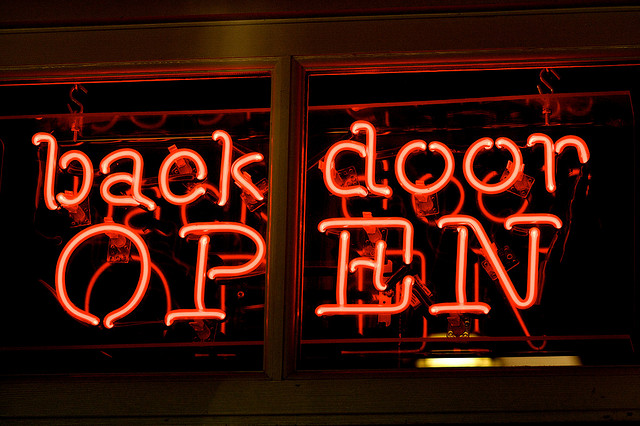That is an interesting way of phrasing things to exaggerate what is really known. "paid RSA to weaken..'
But until the NSA considers WDW a terrorist hotspot... I think we are safe from them throwing all their resources behind TWDC to amp up their capabilities.
Gee a payment of 10 million to make a NSA authored PRNG suite the default - sure sounds like paid to weaken and if you parse RSA's statement like lawyer would they are NOT denying the claim.
From ARS Technica
Risk Assessment / Security & Hacktivism
RSA issues non-denying denial of NSA deal to favor flawed crypto code
Nothing in response denies RSA got $10 million to make Dual EC_DRBG default.
by
Dan Goodin - Dec 23 2013, 11:58am EST
85
Jeremy Brooks
RSA has issued a statement denying allegations stemming from
Friday's bombshell report that the encryption software provider received $10 million from the National Security Agency (NSA) in exchange for making a weak algorithm the preferred one in its BSAFE toolkit.
The
press release went live on Sunday, two days after Reuters said the secret contract was part of an NSA campaign to embed encryption software that the agency could break into widely used computer products. RSA's statement was worded in a way that didn't clearly contradict any of the article's most damaging accusations. For instance:
Recent press coverage has asserted that RSA entered into a "secret contract" with the NSA to incorporate a known flawed random number generator into its BSAFE encryption libraries. We categorically deny this allegation.
We have worked with the NSA, both as a vendor and an active member of the security community. We have never kept this relationship a secret and in fact have openly publicized it. Our explicit goal has always been to strengthen commercial and government security.
 Stop using NSA-influenced code in our products, RSA tells customers
Stop using NSA-influenced code in our products, RSA tells customers
Firm "strongly recommends" customers stop using RNG reported to contain NSA backdoor.
Later in the release, RSA officials wrote: "RSA, as a security company, never divulges details of customer engagements, but we also categorically state that we have never entered into any contract or engaged in any project with the intention of weakening RSA's products, or introducing potential 'backdoors' into our products for anyone's use."
Taken on its face, the statements seem to assert only that the contract wasn't secret and that the goal of the contract was to improve, not weaken, the cryptographic capabilities of BSAFE. Nothing in the release contradicts the findings of the Reuters article—that RSA accepted $10 million from the NSA in exchange for making the Dual EC_DRBG BSAFE's default pseudo random number generator (PRNG). RSA's defense seems to be that officials didn't know the NSA-influenced deterministic random bit generator had weaknesses that could be exploited to crack adversaries' cryptographic keys.


